Future of foster care: consultation - easy read
We are committed to Keeping the Promise. This is the easy read version, split into 3 parts of our Future of Foster Care consultation. We are seeking views on our vision for the future of fostering in Scotland, all aspects of fostering and our future work in fostering.
Tell us what you think about foster care - Part 1
- How to answer this consultation
- Flexible types of foster care
Easy Read
What is the consultation about and who is it for?
Foster care happens when a child cannot be cared for by:
- their birth parents
- other family members
- or close friends

The child can then be cared for by an approved foster carer or foster family.

We want to ask you what you think about a vision for fostering that supports the delivery of The Promise.

The Promise says what needs to change to support the lives and wellbeing of people across Scotland who are care experienced.
Care experienced means a child or young person who has been looked after by their local council at some point in their life.

This could be:
- at home with their parent or parents with help from Social Work

- by other family members or friends
- by foster carers
- in a children's home
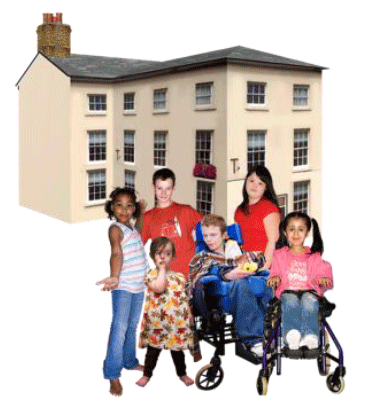
The Promise says that children and young people must:
- grow up loved, safe and respected

- there must be enough support to make that happen, with extra help in difficult times
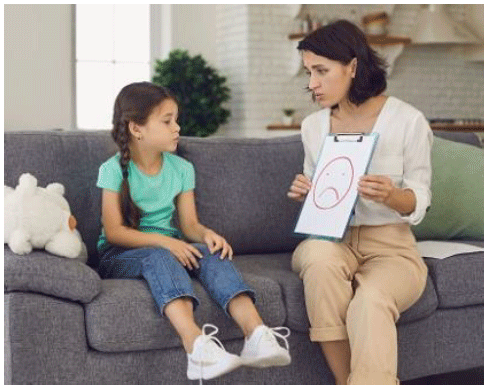
The consultation is open to all members of the public.

We would really like to hear from:
- people who are thinking about becoming foster carers
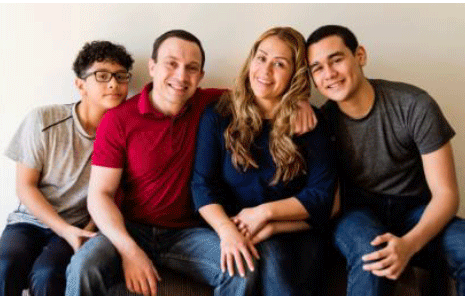
- people who have been foster carers in the past

- people who are foster carers now
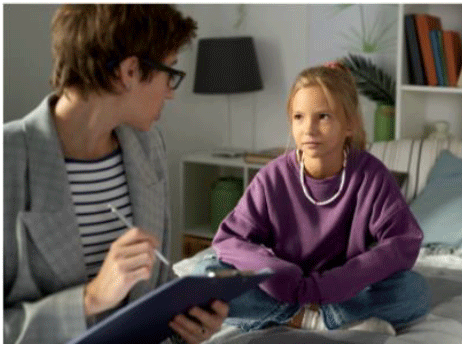
- people who have care experience particularly foster care
- birth families
- people who support foster carers and young people with care experience
How to tell us what you think
There are 4 ways you can answer the questions in the consultation:

- online
- by post
- by email
- by coming to one of our engagement sessions
There are 28 questions in the survey.
Each question is in bold black writing.

This consultation will close on 6 February 2025.

Online
You can answer online on the Scottish Government’s consultation hub called Citizen Space.

If you use the consultation hub to answer, you will get sent a copy of your answers by email.

By post
You can type or write your answers on this form and send it to us.

If you want to write your answers in the boxes then you can use the enter button to make the boxes bigger first.
Then print out the answer pages ready to write on.

Put your answers in an envelope and write the address on the front.

The address is:
Fostering and Kinship Care Team2C South
Victoria Quay
Edinburgh EH6 6QQ

By email
You can send us your answers by email.

If you are answering by using this document, click on the box of the answer you agree with and a tick will appear.

If you change your mind you can click on it again to untick it.

If you are typing, the spaces will get bigger as you type.

When you have finished, save a copy and email it to: FosterCareConsultation@gov.scot

By coming to one of our engagement sessions
Engagement means communicating with people to find out what they think and what their experiences are.

The Scottish Government has arranged engagement sessions to give us information for the consultation report.

- Children and Young People – Who Cares? Scotland and Barnardo’s
Fostering Consultation Engagement Session Tickets, Thursday 21 November 2024 at 2.30pm

- Foster carers – The Fostering Network
Fostering Consultation Engagement Session Tickets, Tuesday 3 December 2024 at 10am

- Local Authority and Independent Fostering Provider Professionals – Scottish Government
Fostering Consultation Engagement Session Tickets, Thursday 30 January 2025 at 10am

If you want to come to 1 of these sessions, please contact FosterCareConsultation@gov.scot

What happens after the consultation
After the consultation closes we will look at the information you have told us.

We will share the answers on http://consult.gov.scot where we have been given permission to do so.

We will make a report about the information we have found out.
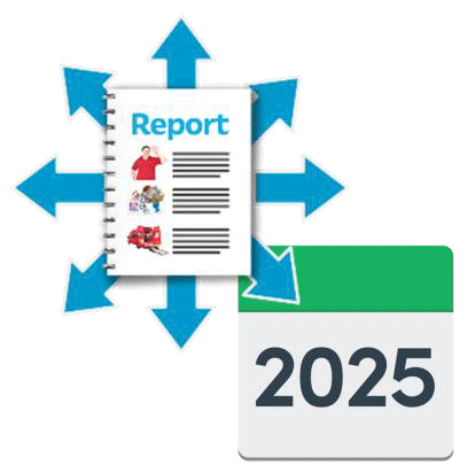
We plan to publish the report in Spring 2025.
Tell us about yourself
This part of the consultation must be completed.

To find out how we handle your personal information, please see our privacy policy.

Are you answering as an individual or an organisation?
Individual
Organisation

Tell us your full name or the name of your organisation:

The Scottish Government would like you to tell them if they can publish your response to the consultation.

Yes publish my response with my name

Yes publish my response without my name

Do not publish my response

If you are answering for an organisation, the organisation name will always be published.

If you choose 'Do not publish my response', your organisation name may still be listed in the final report as having answered the consultation.

Our vision for foster care
Our vision is what we want to see happen.

Foster carers will always be needed to give family care for children who cannot live with their birth family.
This should be in a loving home, and they should be able to stay there for as long as is needed.
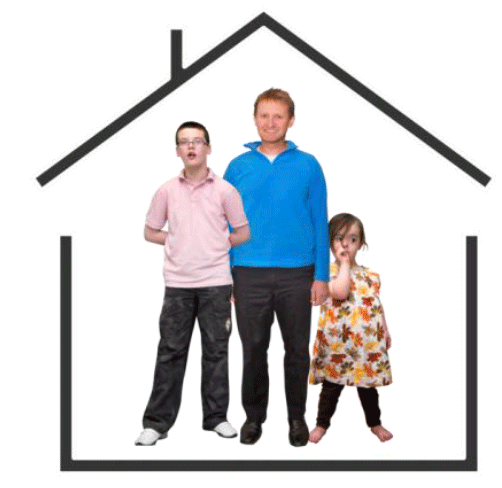
We must listen to what children and young people tell us about:

- what is important to them
- their positive experiences of foster care

Our vision is for Scotland’s children to experience flexible fostering.

This means their fostering arrangement can always change to meet their individual needs and makes sure that:
- children keep contact with their family
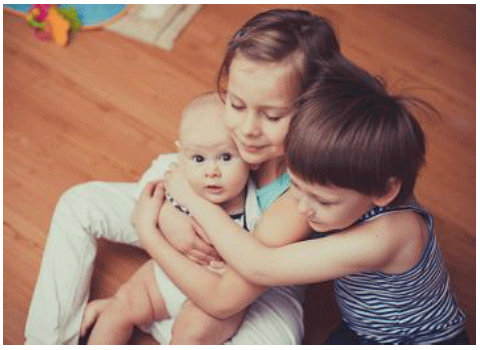
- children’s experiences of fostering are the most important thing
- families are supported

- cultural differences or difficult needs are supported
Children and young people must:
- be listened to
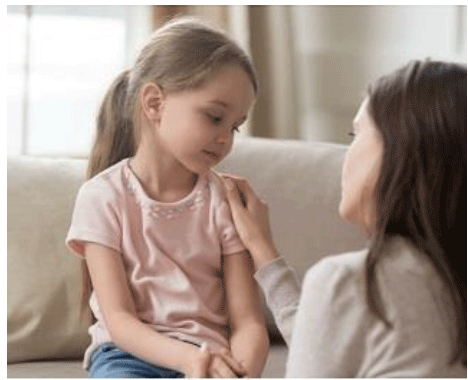
- have their rights protected
- feel safe, loved and respected

We will make the fostering system better.
We will support caregivers to develop their skills and knowledge so they can care for and protect the children in their care.

Question
What do you think about our vision for foster care?

Write or type your answer here. The space will grow as you type.
Flexible fostering
Flexible fostering means we can change how fostering is done so that it can:
- meet the changing and difficult needs of children
- change when society and culture changes

Flexible fostering will be based on Getting it right for every child (GIRFEC).

GIRFEC is the way that the Scottish Government promotes and supports the safety and wellbeing of all children and young people.

GIRFEC helps children and young people get the right support from the right people at the right time.

The 7 different parts of flexible fostering that are being suggested are:

1. High quality care which gives children and young people a positive family experience in the foster carers own home
2. To support foster carers to support family time so children can keep in touch with people that are important to them
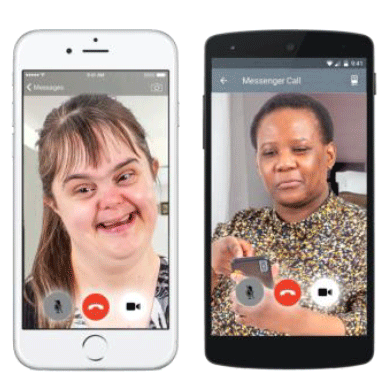
This is done:
- even when it is not safe for child to return home
- in line with the child’s plan

A child’s plan should say:
- why the plan has been made

- what the child or young person thinks and wants
- what should be made better for the child or young person
- what work will be done
3. As part of the child’s plan, foster carers may support birth families to be reunited with their child or young person.
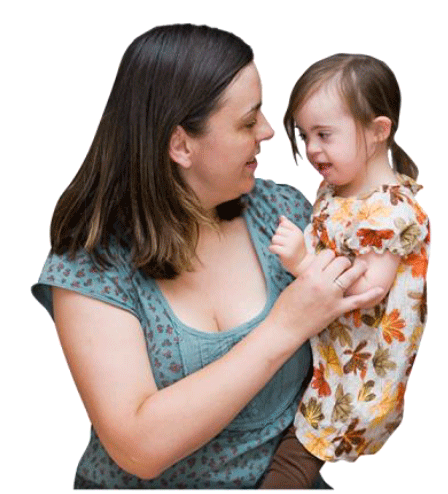
Any return home for a child is always carefully assessed and planned and should be supported for as long as needed.

4. Short breaks with foster carers to support families in crisis
5. Regular breaks for children in foster care

Foster carers could have a network of approved people who could look after their foster children for things like sleepovers and days out.

6. Using more experienced foster carers who do not want to foster full-time but could work with social workers to:
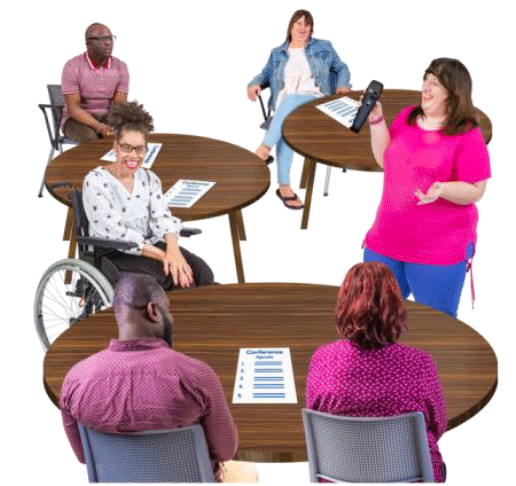
- mentor new foster carers
- deliver foster carers’ training
- share what they know and how they work
- give support to kinship carers and people who want to adopt
7. If the parents agree, a foster carer could stay in a family home for a short time, to give support and care when there is a crisis.
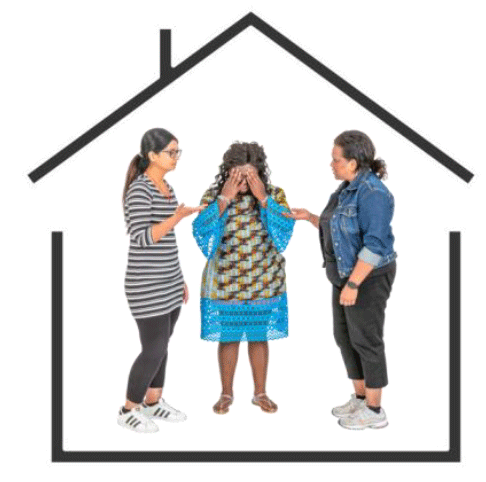
This would only be used very rarely and foster carers would need extra training.
Questions
What do you think about flexible fostering?

Write or type your answer here.
What do you think about the 7 different parts in flexible fostering?

Write or type your answer here.
What affect would flexible fostering have on how fostering is funded and how foster carers are paid for their role?

Write or type your answer here.
How can the Scottish Government support flexible fostering to happen?
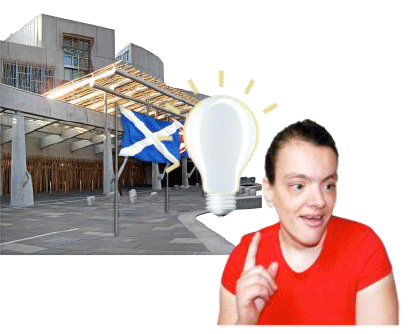
Write or type your answer here.
This is the end of Part 1.

Contact
There is a problem
Thanks for your feedback